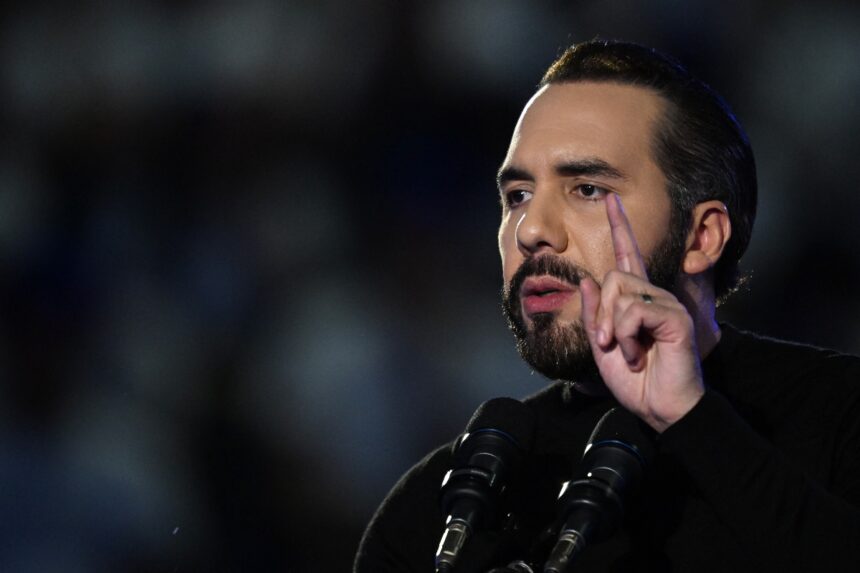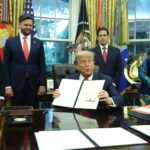In a statement that has sparked international debate on human rights and immigration cooperation, El Salvador’s President Nayib Bukele assured that he will not return to the United States the migrant Kilmar Ábrego García, who was mistakenly sent to the Centro de Confinamiento del Terrorismo (Cecot), El Salvador’s maximum security mega-prison.
Bukele made these statements during a bilateral meeting with US President Donald Trump at the White House. According to the Salvadoran president, Abrego García is a “terrorist” and represents a danger to regional security: “Of course I’m not going to do it. How am I going to send a terrorist to the United States? I’m not going to release him. We don’t like to release terrorists in our country,” Bukele said from the Oval Office.
An order of the Supreme Court
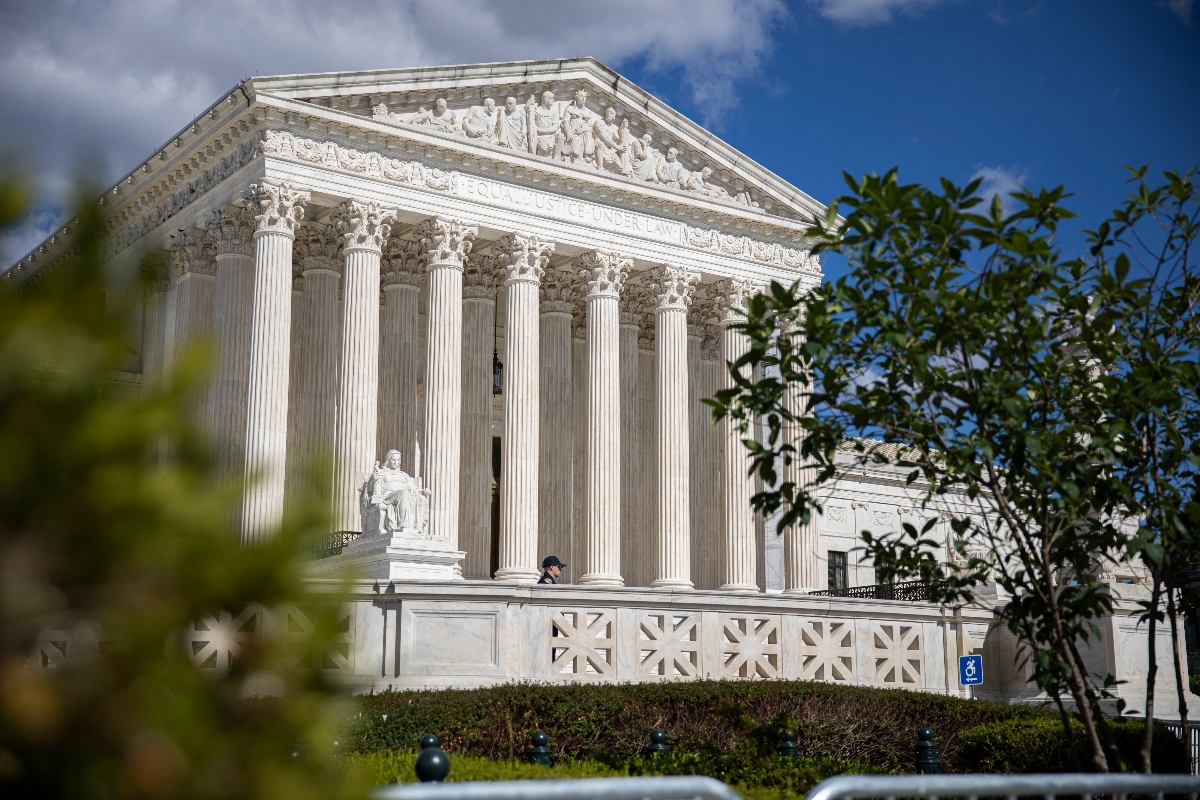
Bukele’s position directly contradicts a U.S . Supreme Court order issued last Thursday.
They demanded the immediate return of Kilmar Ábrego García to U.S. soil.
The Salvadoran had filed an appeal against his deportation, which was pending at the time of his removal to El Salvador under custody.
Despite the court order, Bukele remains firm in his decision, claiming that his country is no longer “the murder capital of the world”.
And that releasing criminals would jeopardize the progress made in security.
Who is Kilmar?
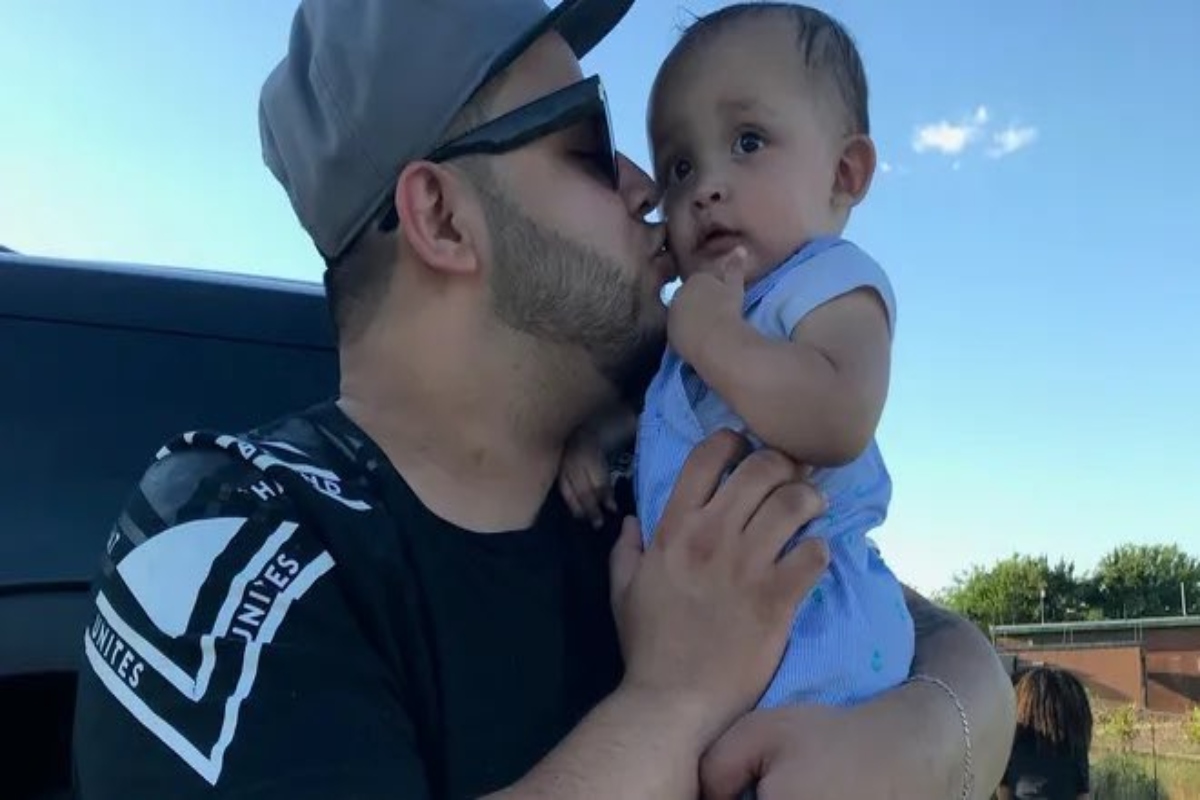
According to official sources, Kilmar Ábrego García has no criminal record in the US, where he had been residing illegally since 2019.
However, according to US Attorney General Pam Bondi, the migrant is allegedly an active member of the Mara Salvatrucha (MS-19) gang.
If El Salvador decides to return him, we would facilitate his return as ordered by the Court
Pam Bondi
“But now he is in their custody, and it is the Salvadoran government’s decision,” Bondi said when asked during the same bilateral meeting.
New migration policies
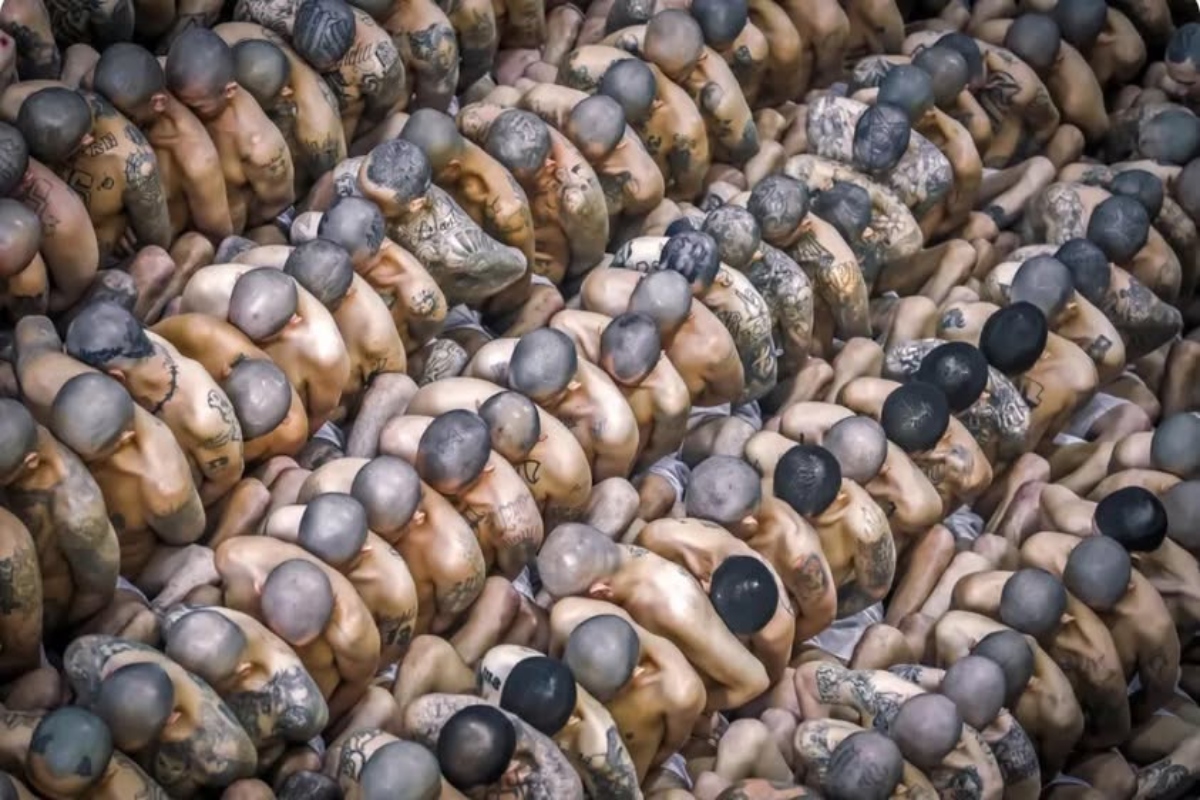
The Cecot, a high-security prison inaugurated in 2023, has been central to Bukele’s strategy to combat organized crime.
Recently, the Salvadoran government signed a cooperation agreement with the United States, which provides for the use of Cecot to house migrants considered high-risk and expelled from U.S. territory.
On March 15 of this year, the Trump Administration invoked the Alien Enemies Act of 1798, a rarely used rule.
This was to justify the immediate deportation of 238 Venezuelans and 23 Salvadorans to Cecot, including Ábrego García.
The agreement contemplates a $6 million contribution from Washington, although the details of the agreement have not been publicly disclosed.
Repercussions and criticisms

Human rights organizations have expressed concern about the precedent that this type of agreement could set.
Especially in contexts where there are doubts about due process of law or respect for court orders issued by U.S. courts.
Likewise, the use of Cecot as a detention center for migrants deported from the U.S. raises questions about the legality and international supervision of these transfers.
Especially when they affect people with no proven criminal record.
The case of Kilmar Ábrego García continues to develop and could escalate into a major diplomatic dispute between the two countries.
Meanwhile, thousands of Salvadoran migrants in the United States are watching with concern what could mark a new chapter in bilateral immigration policy.
For more information, visit QueOnnda.com.



